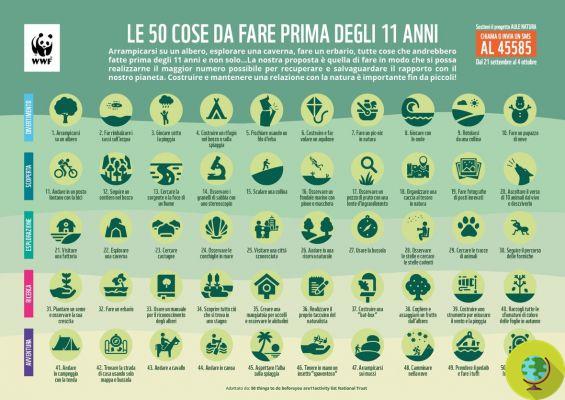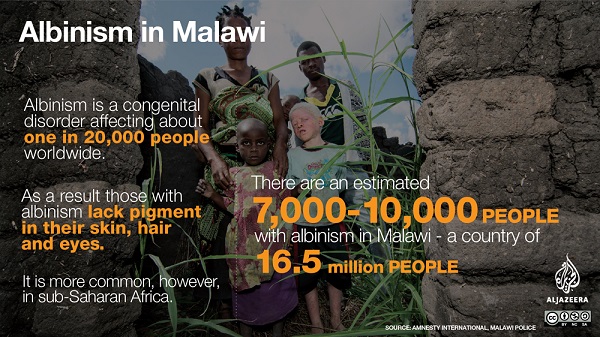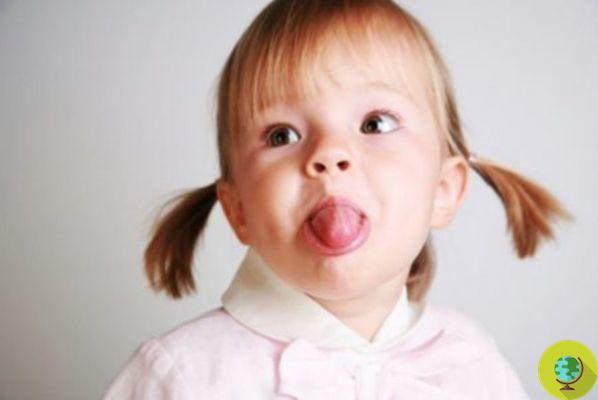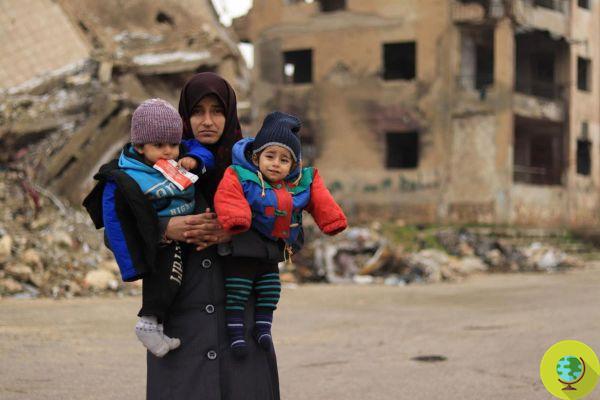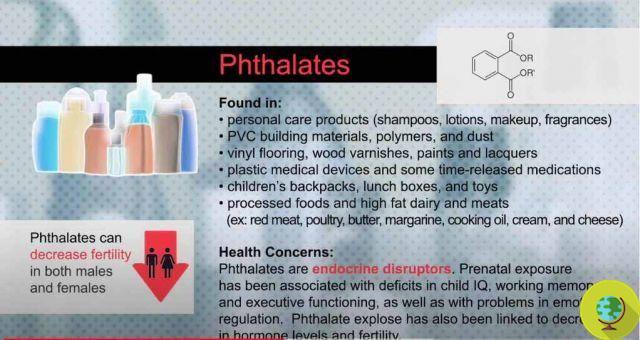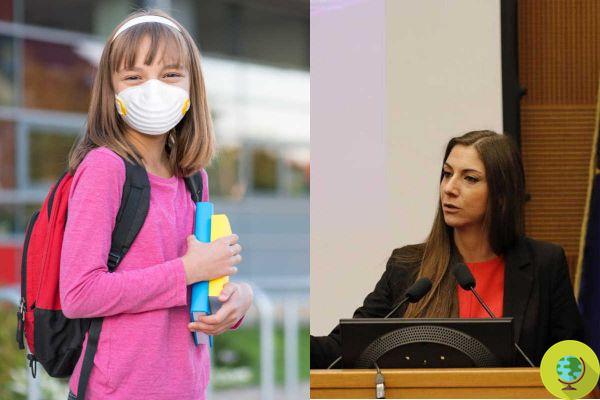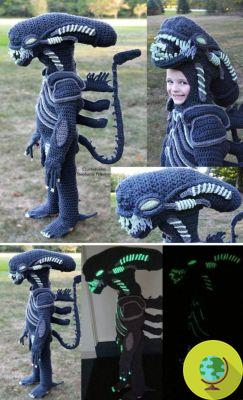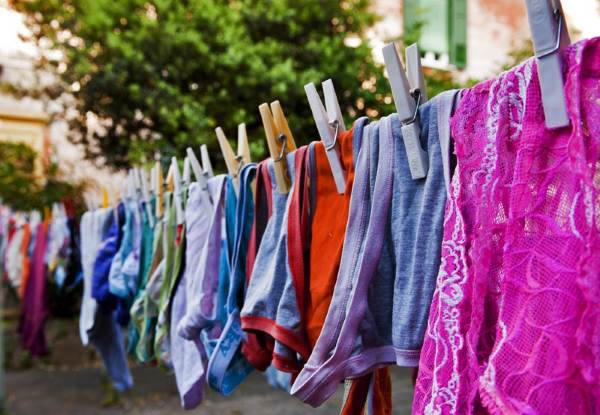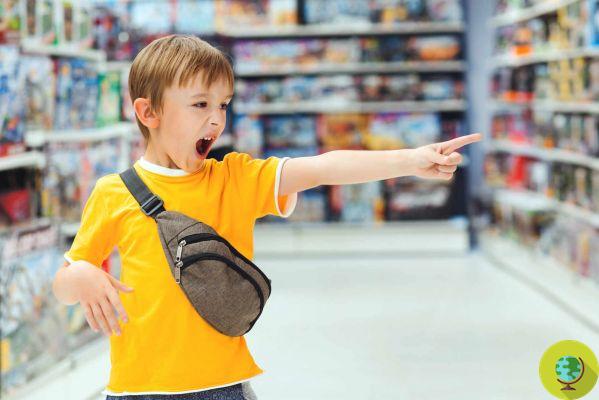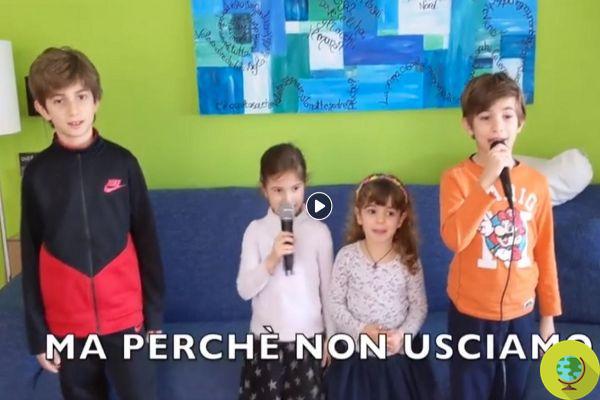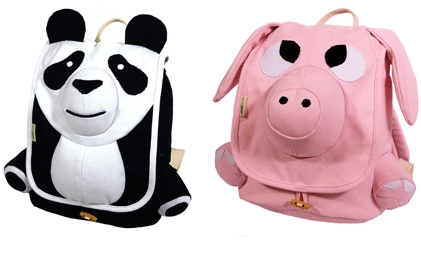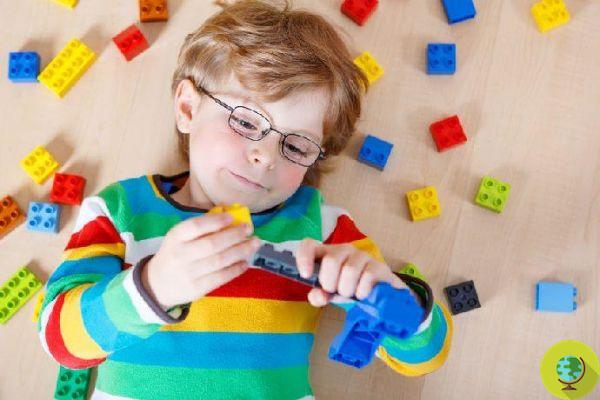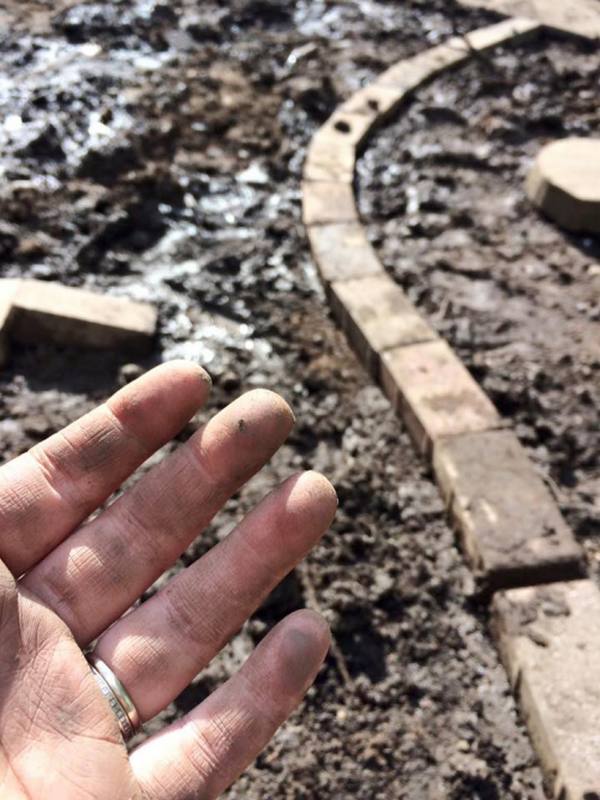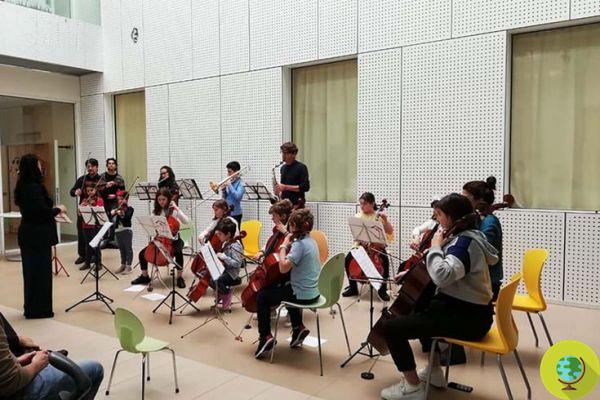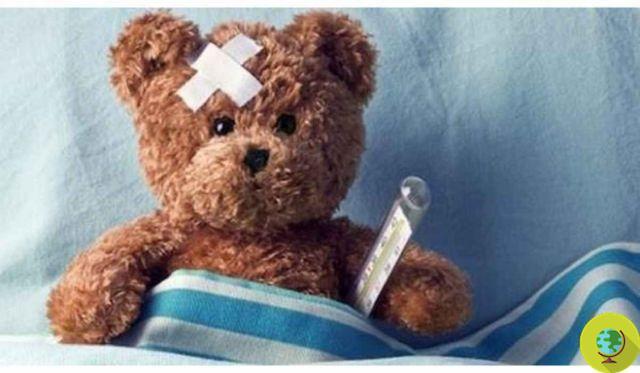
Puppy fever shouldn't cause too much concern. It is just their body's natural defense against external infections. Here's how to deal with it
Don't store avocado like this: it's dangerous
Cross and never the delight of hyper-anxious mothers, even this winter you will find yourself facing, at least once, the fever of your puppies. And it's not anathema. The smaller they are, the easier it is for some infection with viruses and bacteria mysteriously takes possession of it, thus triggering the feverish state and the tragicomic general alert of the grandmothers.
But, don't worry, nothing more normal. What you just need to know (and to explain to your mother-in-law) is that the fever (the temperature goes well over 37 °) is nothing more than a natural defense reaction of the organism with a lot of stimulation of the immune defenses. That is to say that all those viruses and bacteria that flutter in the air (and the nursery is the first environment that will come to mind), go here and there from one organism to another via the respiratory tract and the baby's body does nothing but defend itself by increasing the temperature for destroy microbes.
Also remember that some fever lines can also be the consequence of physical exertion or staying in an excessively heated environment. So, don't overdo it by locking them indoors when it's cold outside, do not plug every single draft, do not turn the radiators on to maximum and always maintain a certain degree of humidity. And, listen, listen, even when they have a fever they can go out without fearing the worst. In fact, letting the baby out with a few tenths will not cause absolutely any damage, so much so that the National Health System, in the contract with the affiliated pediatricians, says that the doctor at his discretion carries out home visits only "in case of intrasportability of the patient "And not specific for fever.
In any case, since the increase in body temperature serves to fight infections, it should not be fought or killed in a nanosecond. How then to treat a child who has a fever?
1. Don't cover the baby too much. If he has chills, put him on a light blanket, but as soon as they disappear or feel hot it is best to remove it to allow the little body to disperse the heat.
2. Water, water and more water. The baby must drink more than he is used to to avoid dehydration. A juice, an orange soda, a hot milk, hot water where you have just boiled a couple of apples is also fine.
READ also: Apple juice: 7 good reasons to consume it and how
You notice progressive dehydration if you pee little, if your lips are dry, if you secrete a few tears when you cry and, in infants, if a fontanel is sunken.
3. No food if you are not hungry. He can also go on milk and broth for a day or two, if he has no appetite it is better to leave it alone with the solids. He will certainly not die of hunger ...
4. No bed restraint. My son, for example, even with 39 would not stand still for a moment. Here, excessive efforts should not be made, but even the bed is not mandatory.
5. If the child feels like it, it is also possible wet a cloth handkerchief in a little cold water to give him some relief on his forehead.
Additionally, your pediatrician will typically tell you that the fever must be left to act and must not be treated at all costs. Give free rein to lots of pampering and lots of juices, a little healthy idleness and some natural remedies for clogged up noses. In some cases, especially when the fever makes the child nervous and restless, it is advisable to lower the temperature with the use of drugs. But, in this case, ask the pediatrician for the recommended dose.
No anxiety, okay, but a little overzealousness doesn't hurt in some cases. In some cases, in fact, a trip to the pediatrician is right to do it. The Bambin Gesù Hospital in Rome recommends you in these cases:
- age less than 6 months
- in case of aching appearance, drowsiness, irritability, feeble crying
- severe headache
- temperature exceeding 40 ° C
- breathing difficulties and convulsions
- child suffering from chronic disease (heart disease, diabetes, immune deficiency, etc.),
- other symptoms besides fever (vomiting, diarrhea, rash, etc.),
- fever that persists beyond 48 hours.
Germana Carillo
READ also:
Flu and colds: foods to prefer and avoid to get better
The flu has arrived! Especially children are affected
Cold and flu? The natural answer is Echinacea




